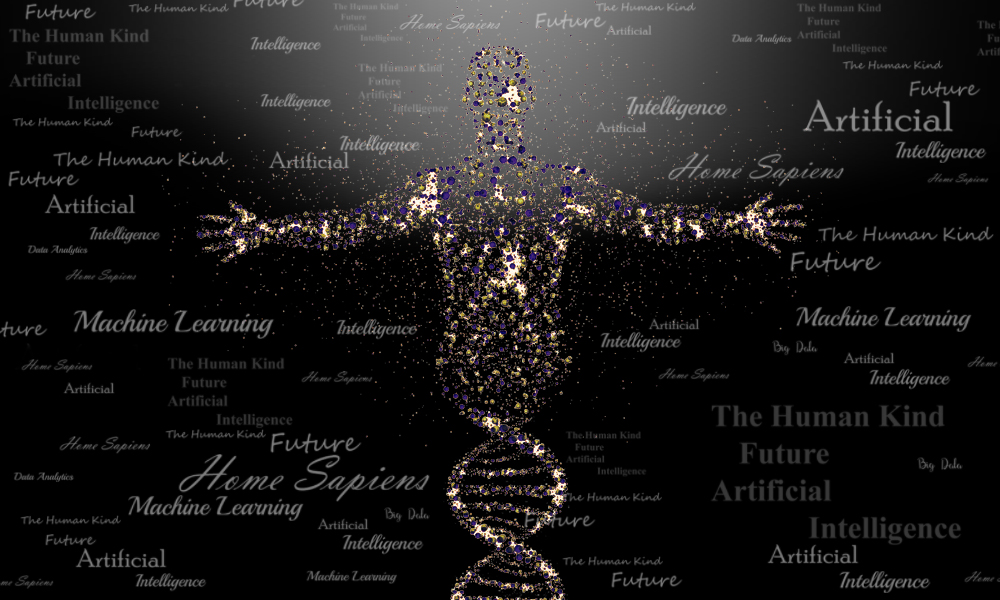AI and Research: How Artificial Intelligence Will Help us Decode the Human Immune System
The discovery of a vaccine for smallpox at the end of the 18th century started a revolution in the treatment of diseases that resulted in effective vaccines being developed against diseases like rabies, cholera, polio, etc. in the subsequent decades. The success of vaccinations in preventing and even successfully eradicating several deadly diseases improved the human condition to newer heights. The failure to develop a successful vaccine against diseases like HIV, cancer, and malaria despite years of expensively funded research has caused an impasse.
The stalemate situation will improve with our increased understanding of the immune system.
The Nobel Prize for medicine in 2018 was awarded to Allison, an American and Honjo, a Japanese for their separate works in identifying and studying specific proteins that act as a brake on the immune system. They successfully tweaked this brake to provide a relentless immune response to foreign bodies which proved to be a breakthrough in immunotherapy, especially aiding in humanity’s fight against cancer.

The far-reaching effect of the immunotherapy has been a boon to some cancer patients, who were cured with no traces of the disease. Despite the revolutionary advances, the treatment is still in its infancy, as for reasons unknown, it is ineffective on many patients and several types of cancer. This stems from the fact that our understanding of the immune system and its response is still inadequate and has a long way to go.
Beginning in 1990s scientists across the globe were involved in sequencing the human genome, in what came to be known as the human genome project, which was concluded successfully by 2003. The humongous project was a step forward for humanity as it mapped the entirety of human genome and involved years of work by scientists around the globe at a time when the data storage and analytics technologies still hadn’t taken over the world. A similar project for decoding the human immune system, that is currently underway, may help humanity breakthrough this stalemate situation.
The human immune system is a complex, intricate system comprised of cells, tissues, and organs that are interconnected, and their responses to foreign bodies inside the human body. The vast and minute nature of the system means that a thorough mapping of the whole system of its components and functions is a long and arduous task.
In a new study published in Nature from the human vaccines project, scientists have revealed key advancements in the project. The human immune system is a billion times larger than the human genome and thus with the technological advancements in the fields of AI and machine learning, the task of sequencing the human immune system has become possible.
Another critical benefit of the involvement of Artificial Intelligence and Machine learning to the process is the way clinical studies are conducted. Traditionally, clinical studies involve a large number of participants but with latest tools large amount of data points can be collected from fewer participants.
Such studies, enhanced by the advancements in our ability to store, analyze, and infer data, may finally enable us to decode the immune system. The possibility of treatment, once we have a precise knowledge of the immune system, is bound to venture humanity to newer heights in healthcare. There may come a day when a single dose of universal vaccine will be enough for a human being to live without being affected by any disease. The knowledge will also aid in our fight against ailments like Alzheimer’s disease by helping us provide a better immune response. The potential that recent advancements in AI have opened up is boundless and hopefully it is fruitful to the humankind as a whole.
Research Help GuideResearch Subject
Latest Research Topics
Big Data Analytics
Data Analytics Consultant
Statistical Data Analysis
Data Analytics Solutions
Research Paper Writing Service

